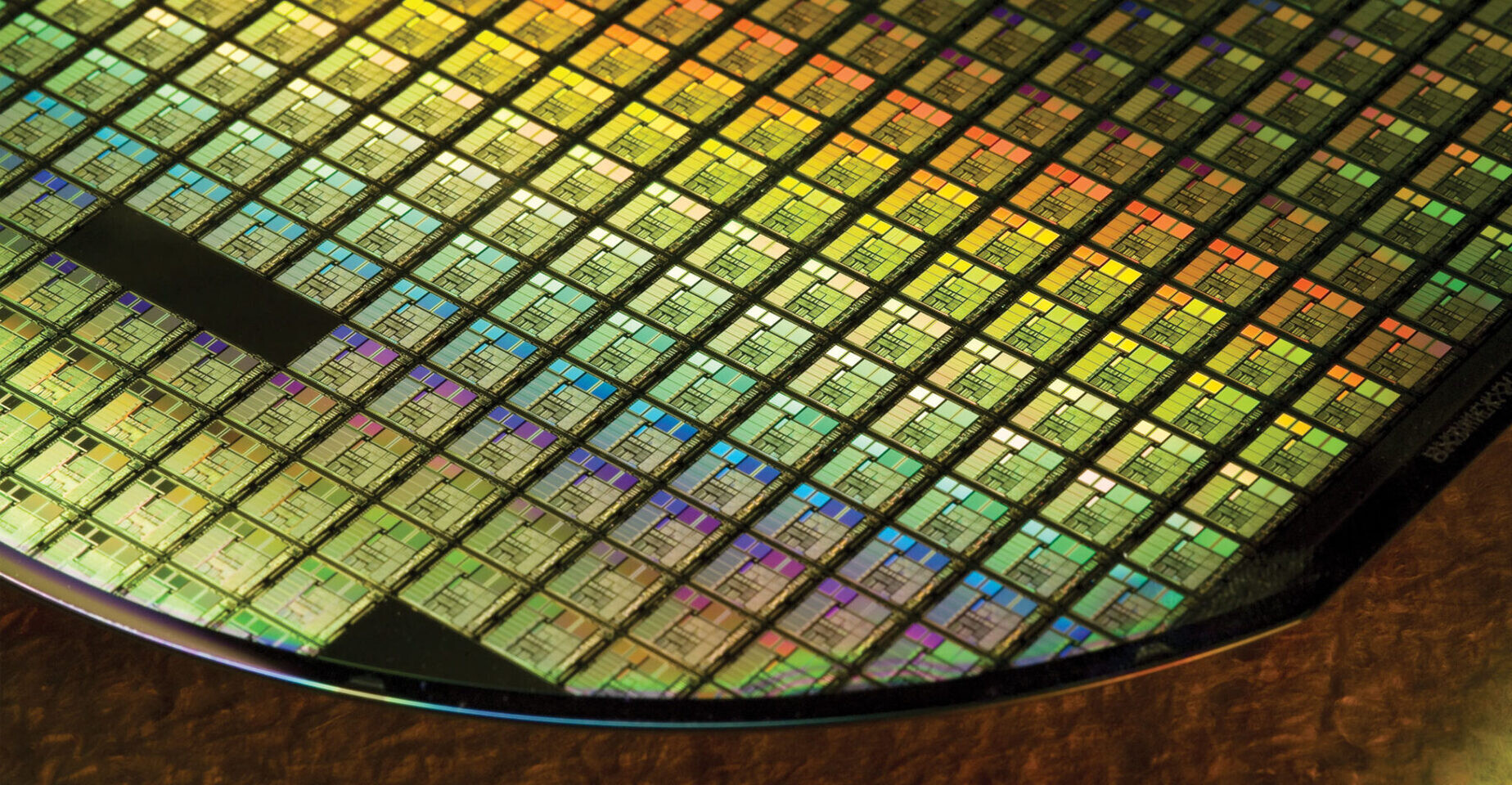The source claims that although TSMC has already secured Apple and NVIDIA as its first clients for the Arizona plant, the firm is in discussions to provide AMD and its subsidiary Xilinx with essential goods from the American fab. TSMC’s official pronouncements only mention the availability of 5-nanometer devices at this time, but the company’s founder, Dr. Morris Chang, thinks that 3-nanometer products will also be accessible. Dr. Chang’s claims are further supported by rumors of a planned expansion, which Bloomberg just reported on but had been circulating since March of last year. At an earnings call in 2021, TSMC’s chairman Dr. Mark Liu also discussed his opinions on a potential expansion. He said at the occasion that any anticipated capacity growth would be based on customer demand. Companies like TSMC are required to make substantial financial expenditures to build up new facilities, and these plans only come to fruition once it is clear that there is a market for their goods. To commemorate the arrival of the first equipment at the factory, the business plans to have a ceremony tomorrow at the facility in Arizona. The reported increase is also described in depth in the Nikkei story, which states that under the new strategy, the business would create 20,000 more 3-nanometer wafers each month. Apple often buys up the demand for its most recent processors and utilizes them first in its iPhones before using them in other goods. The semiconductors may be designed to meet increasingly demanding processing needs, such as those for desktop processors and data center equipment, as the manufacturing technique develops. As a consequence, companies like AMD and NVIDIA overtake as Apple focuses on emerging technology. The initial generation of the 3-nanometer node is now being produced more aggressively by TSMC, with the advanced versions scheduled to start rolling off the manufacturing lines sometime in 2023. It is yet unknown, however, whether the older or newer models will be produced in Arizona. This decision will probably also be impacted by the orders that TSMC gets from its clients.
